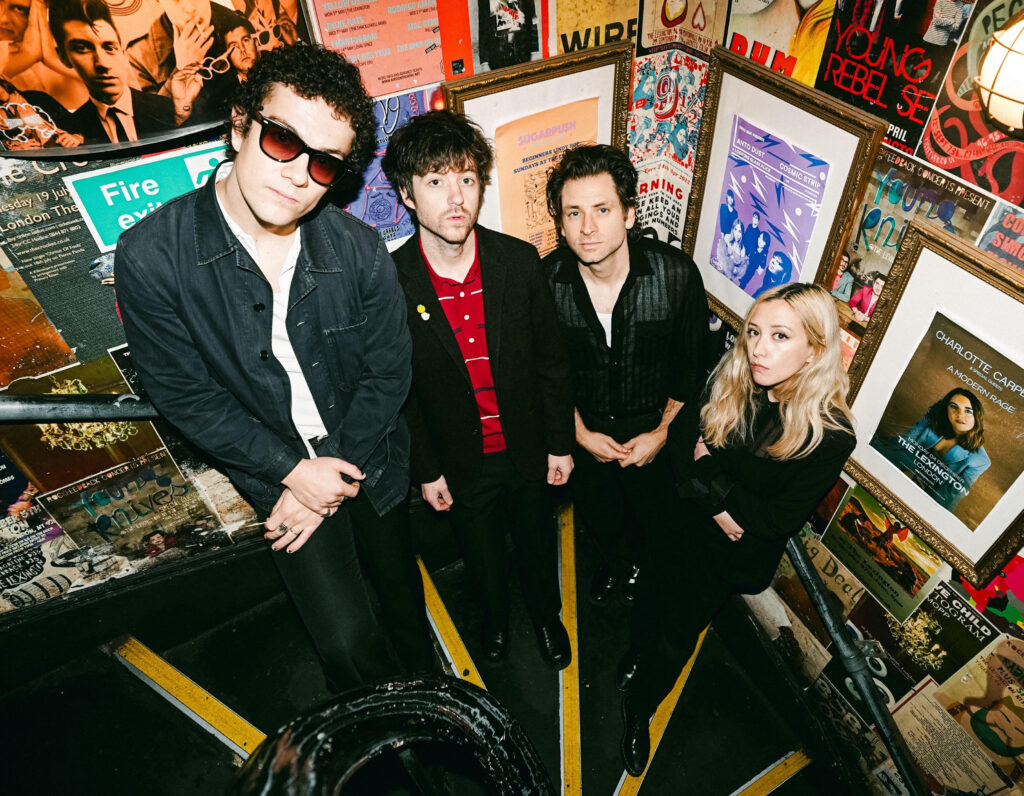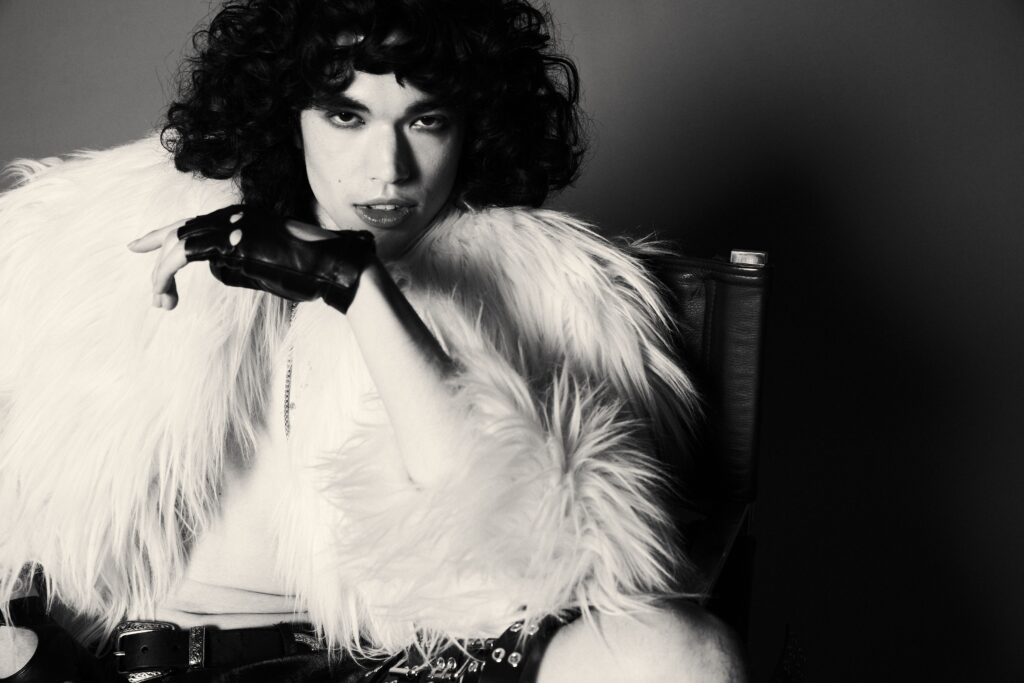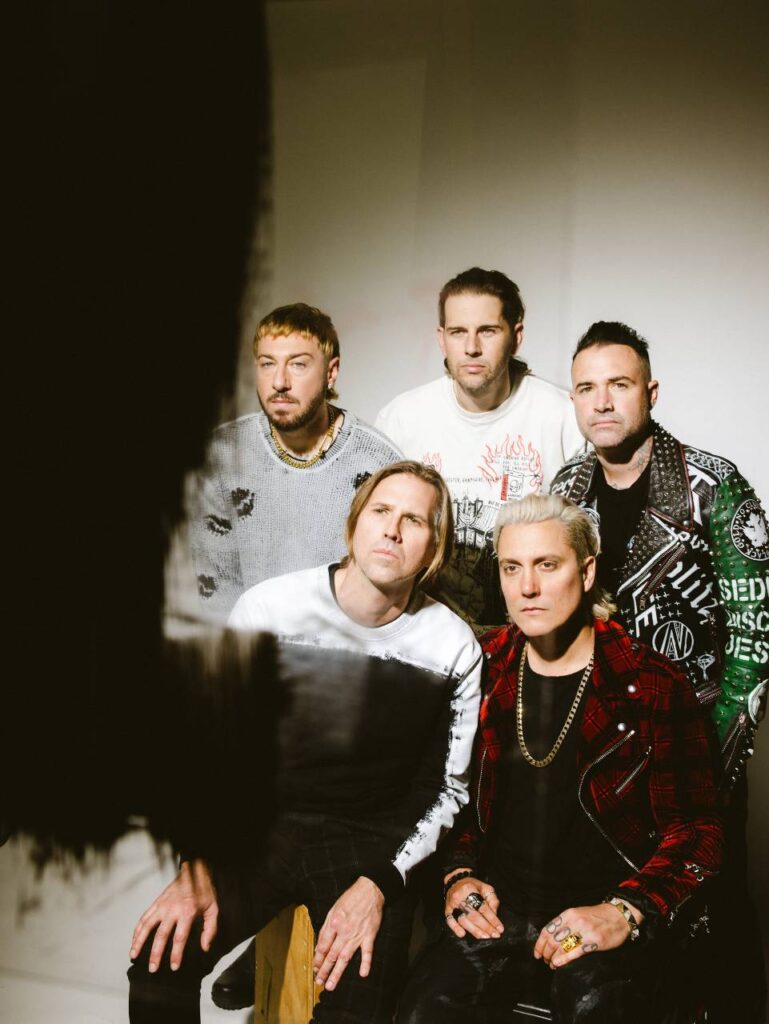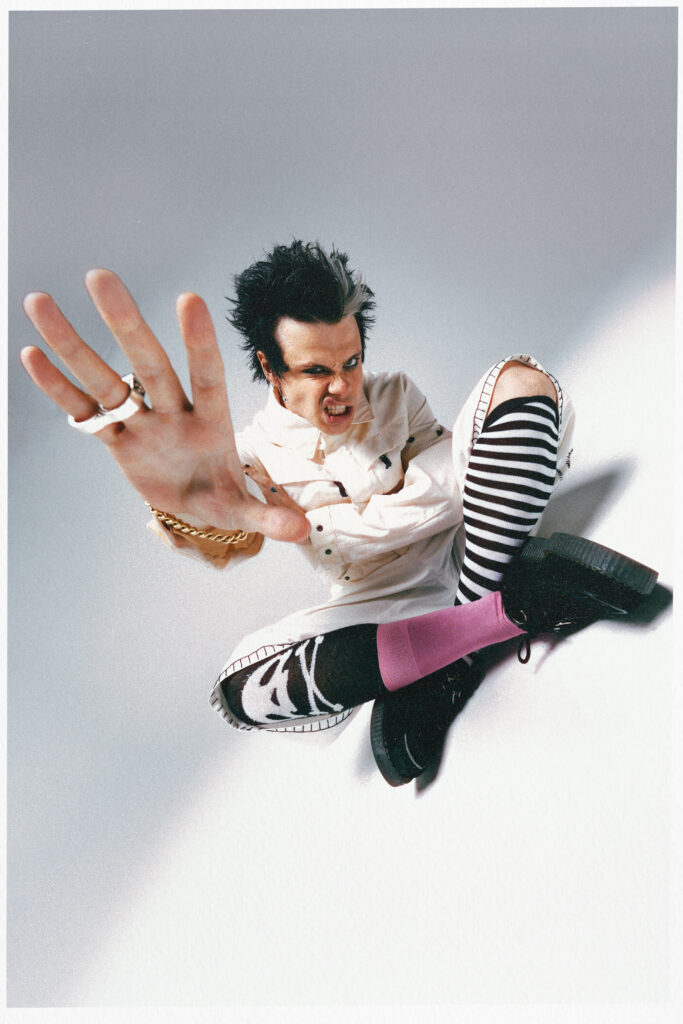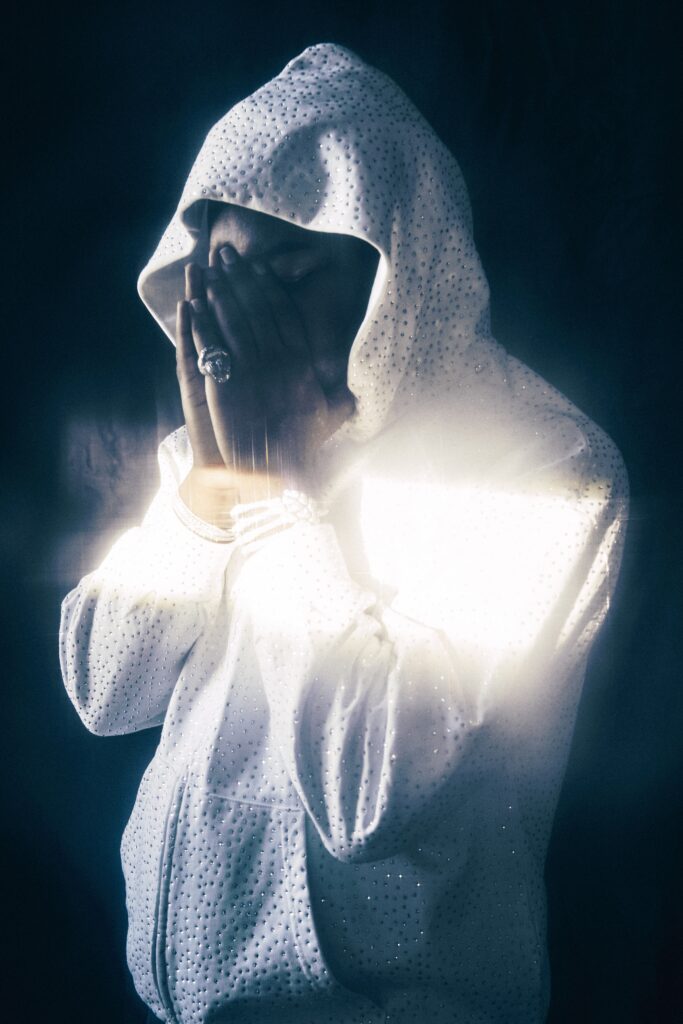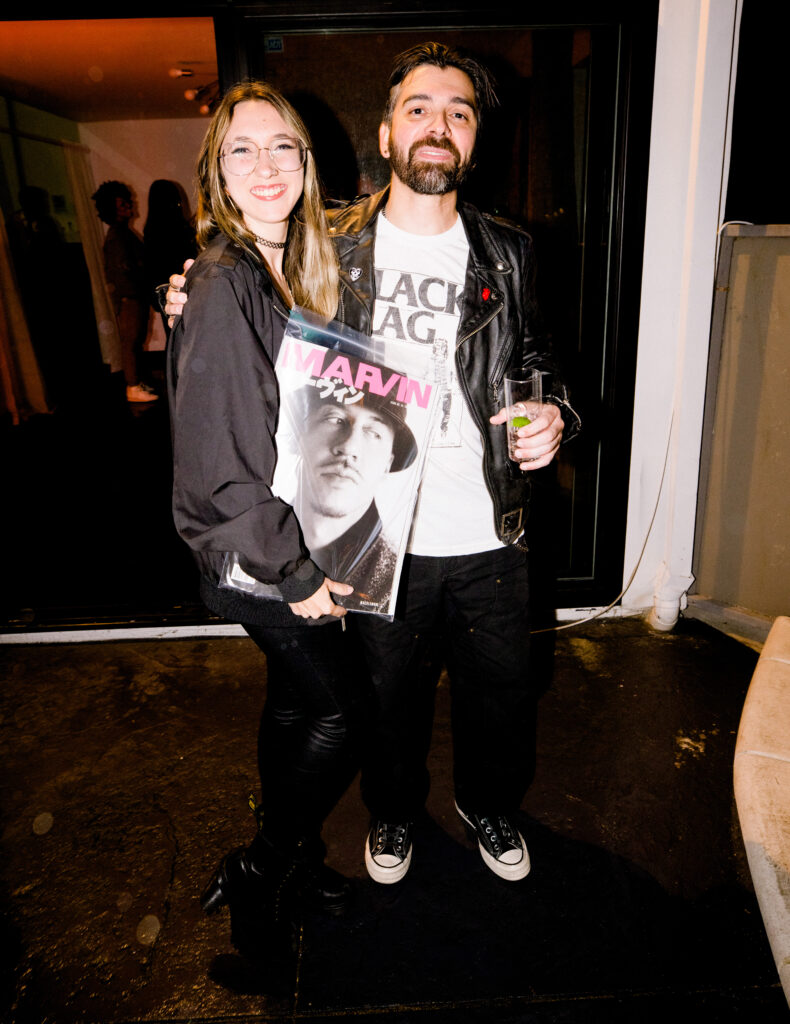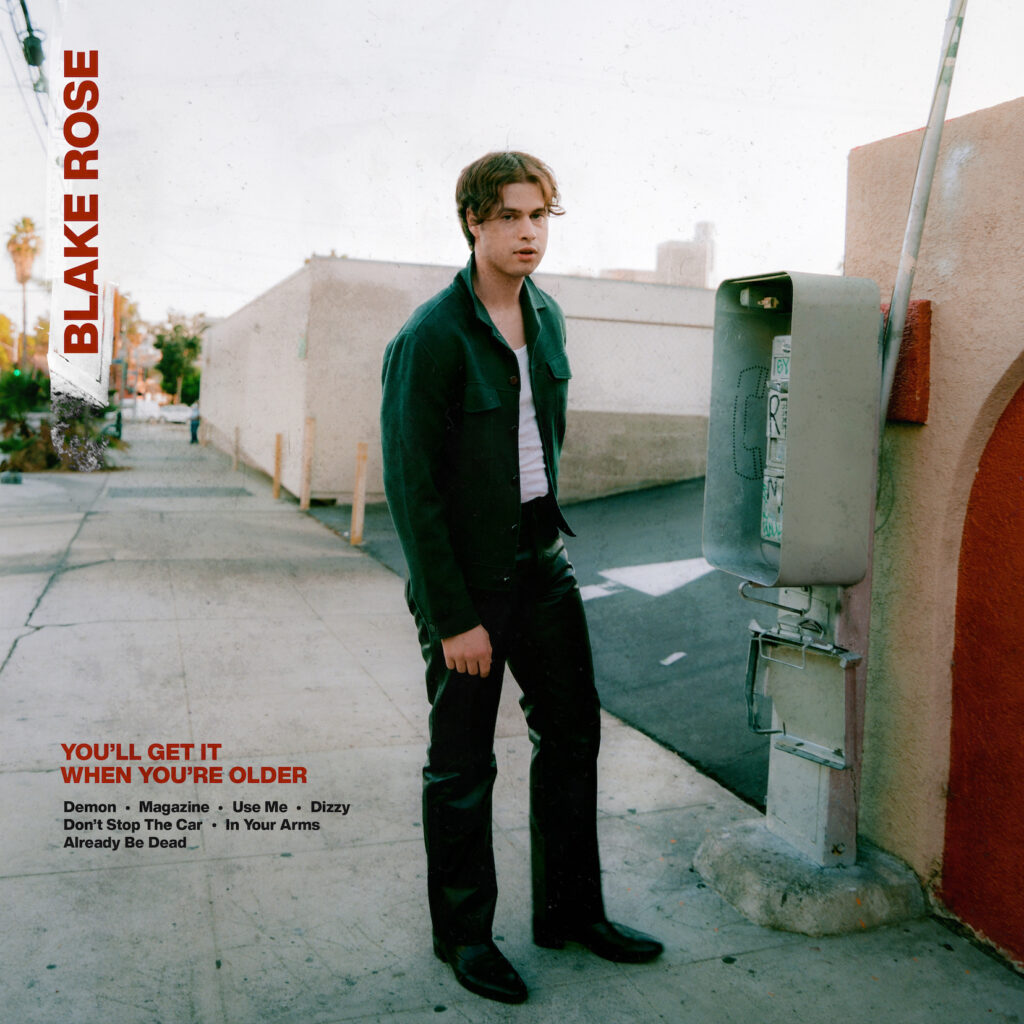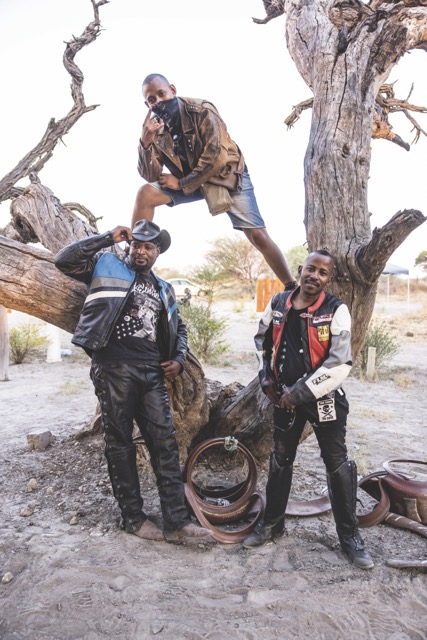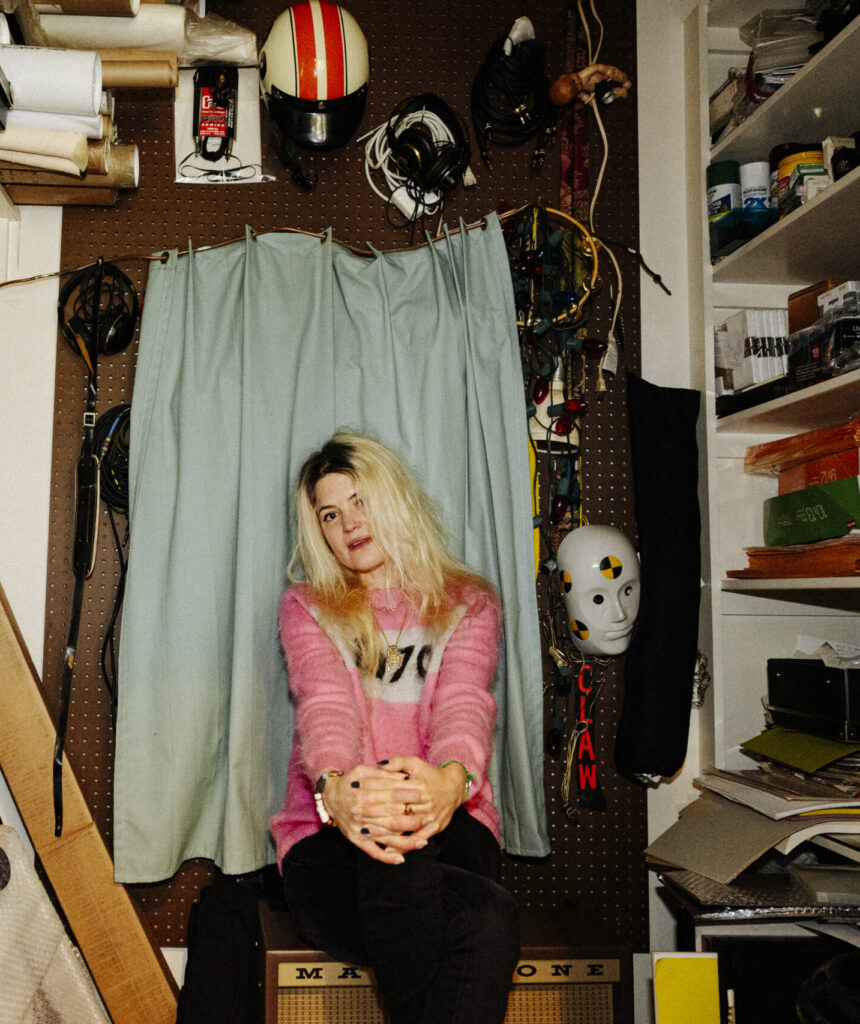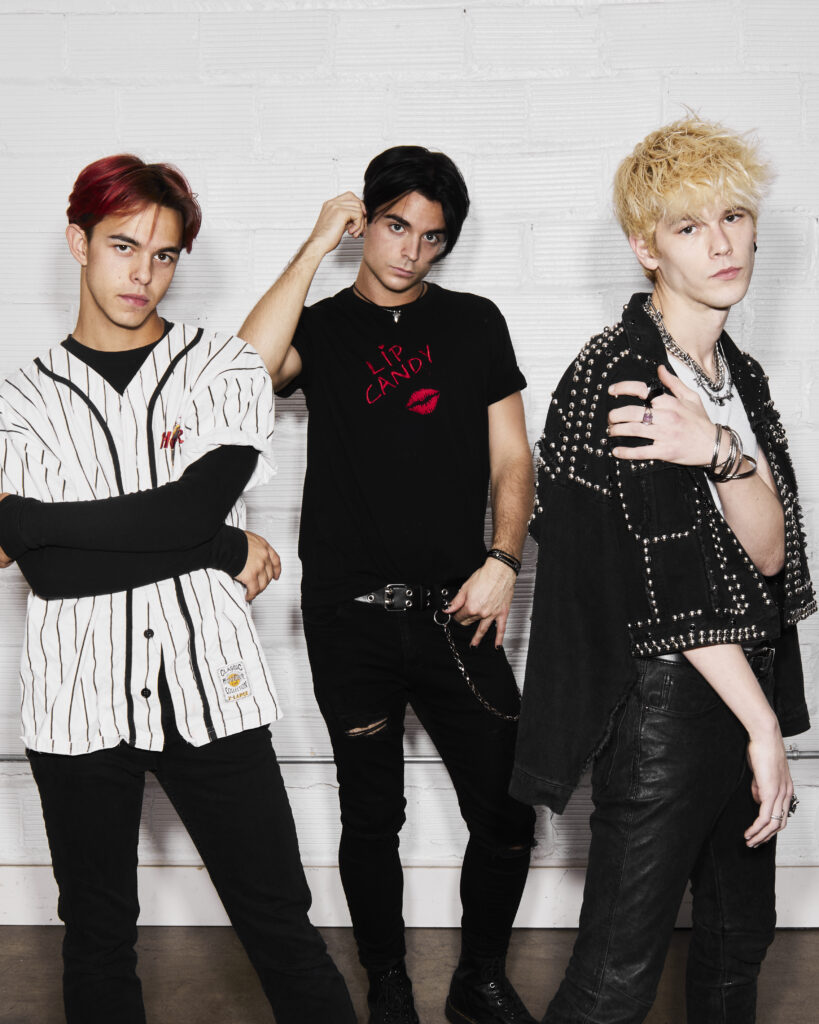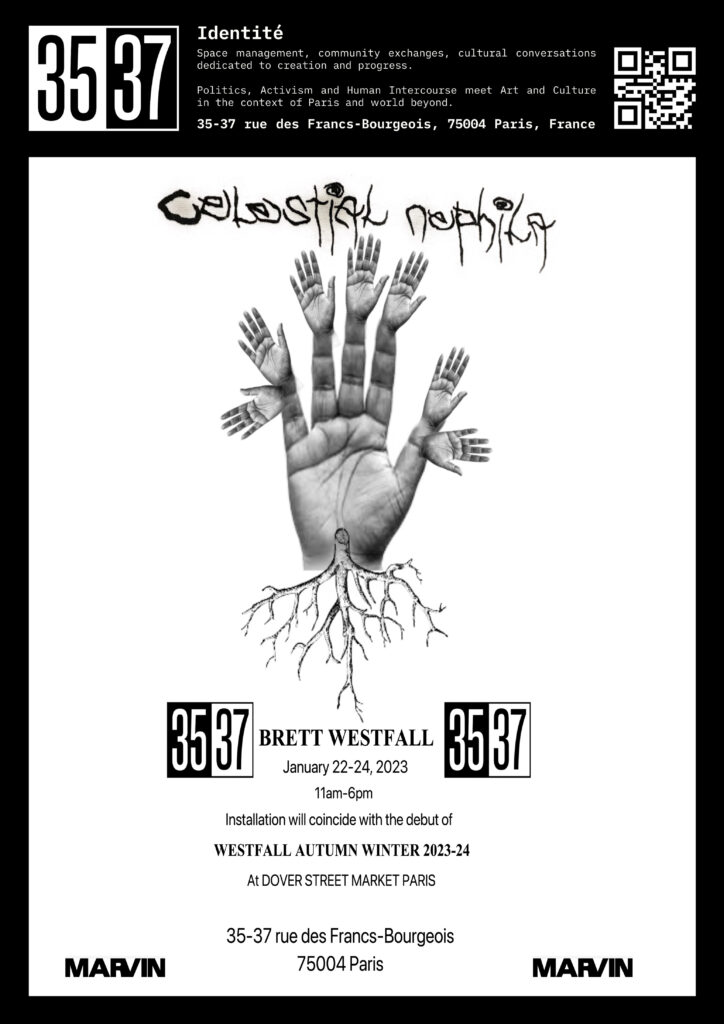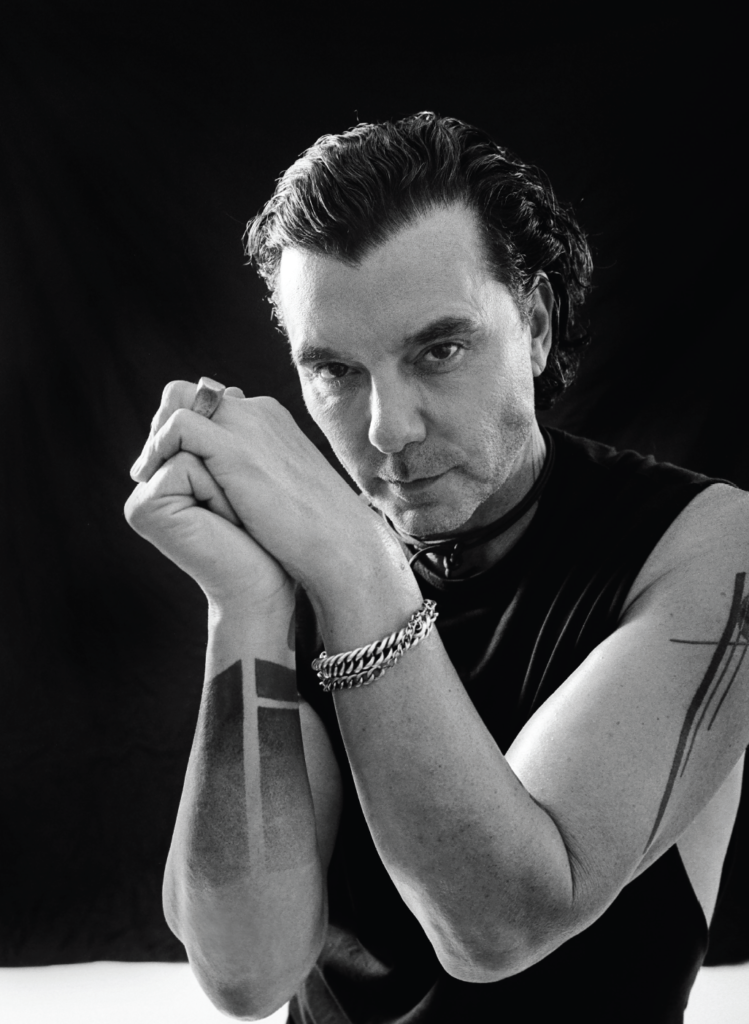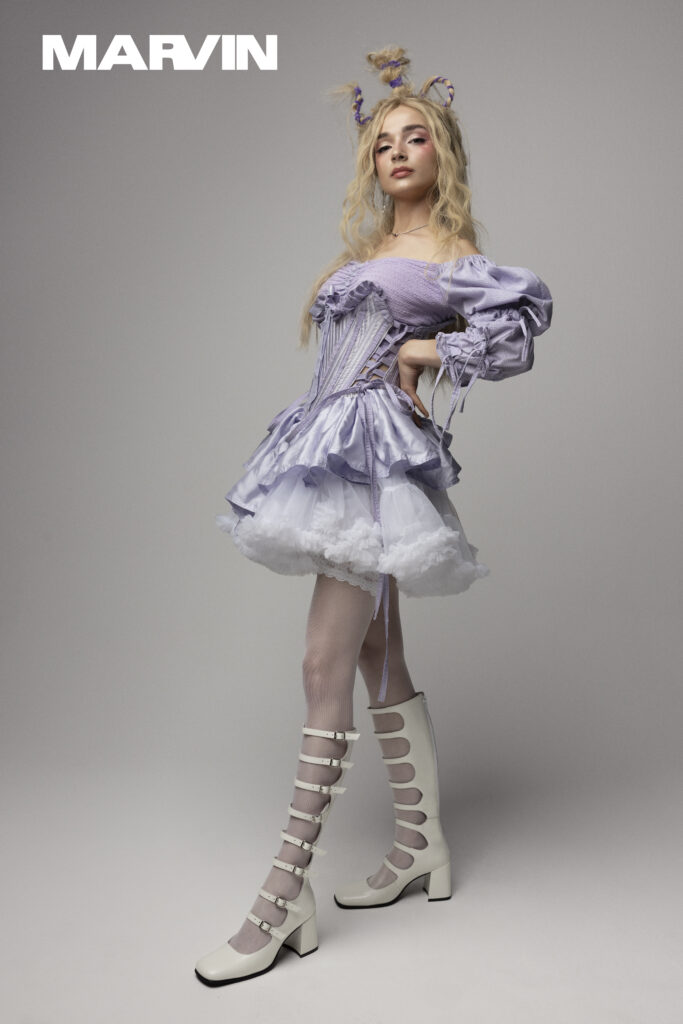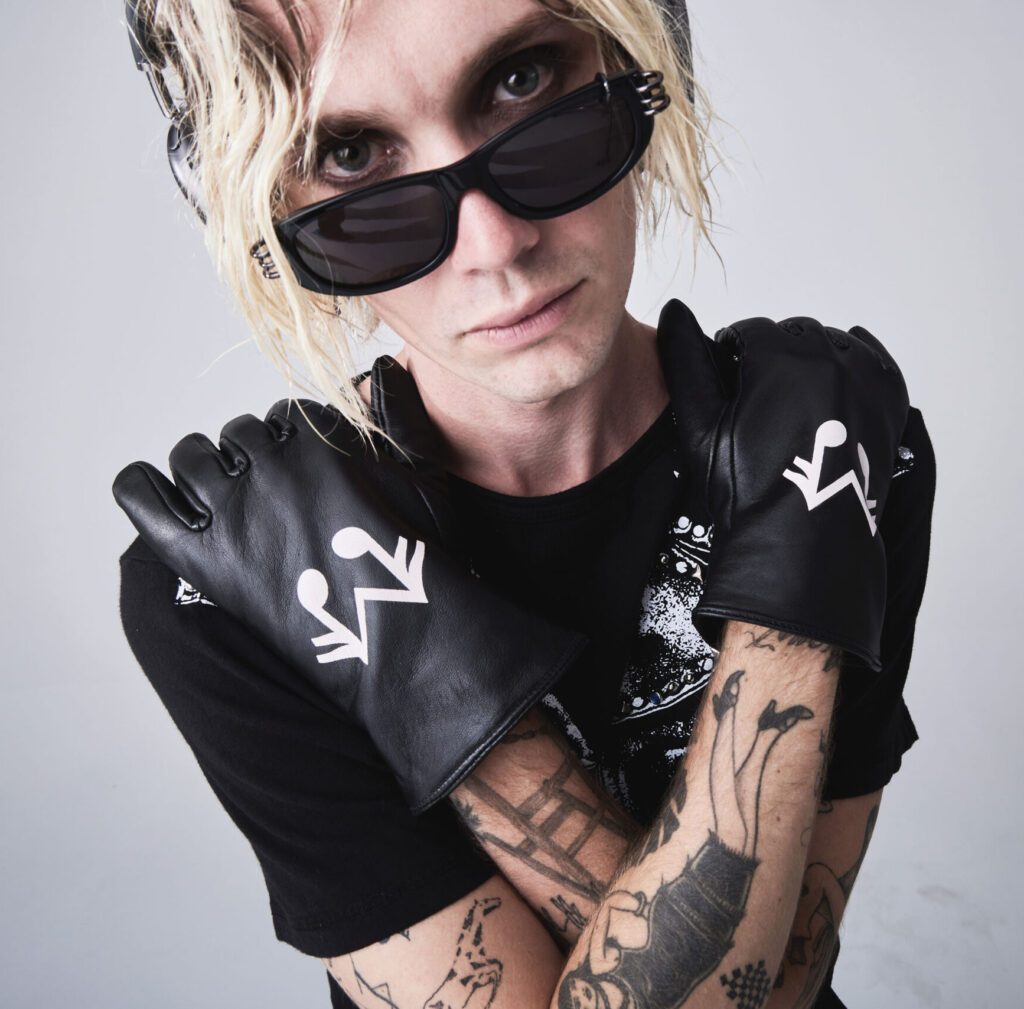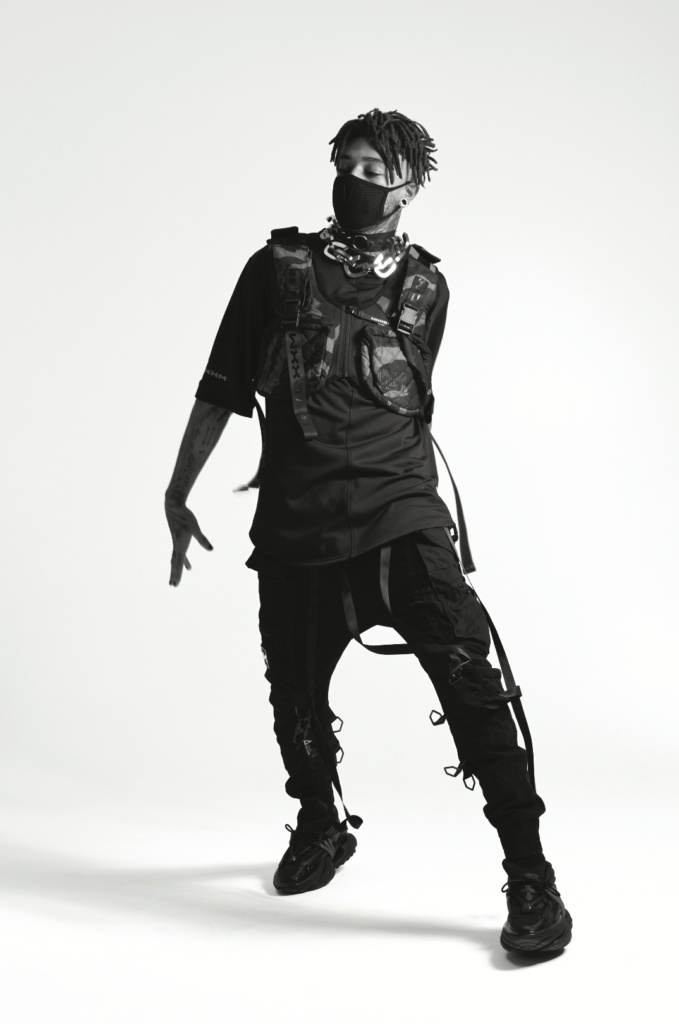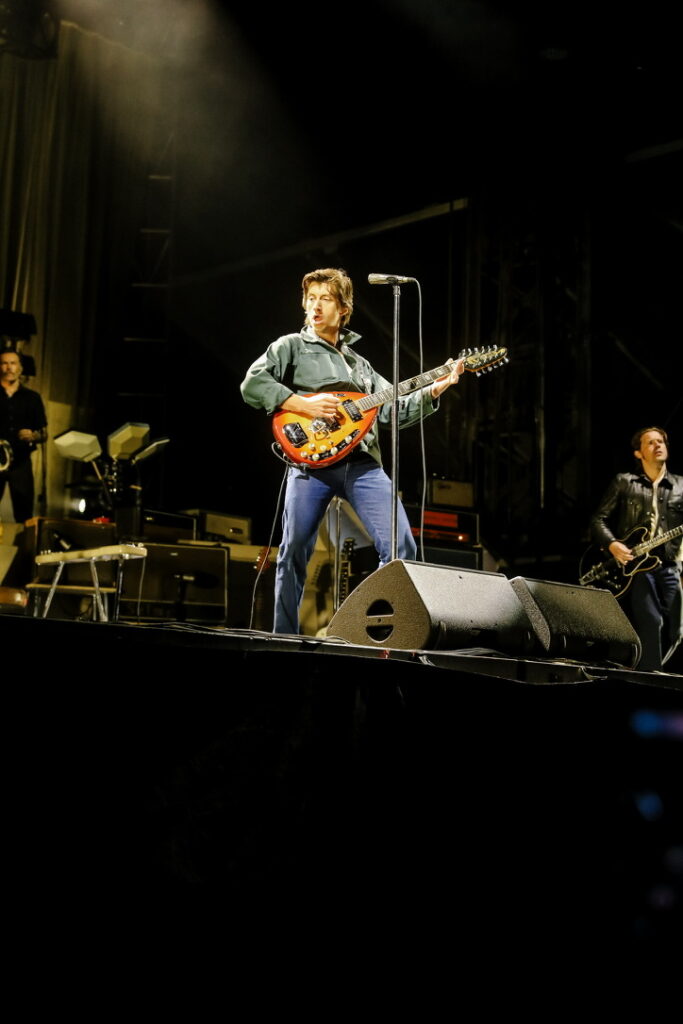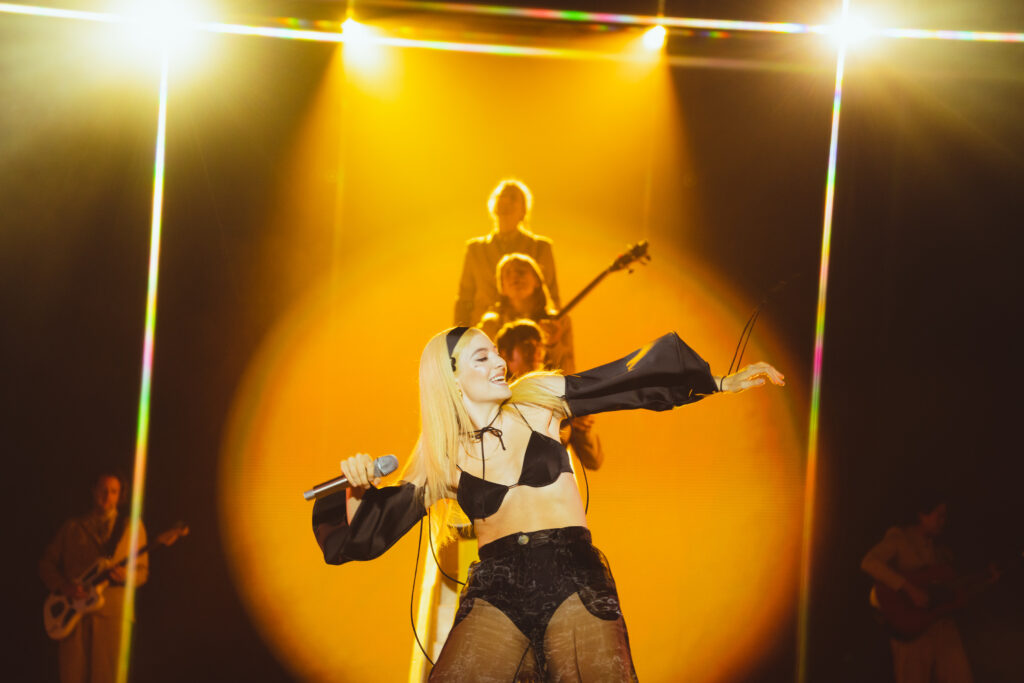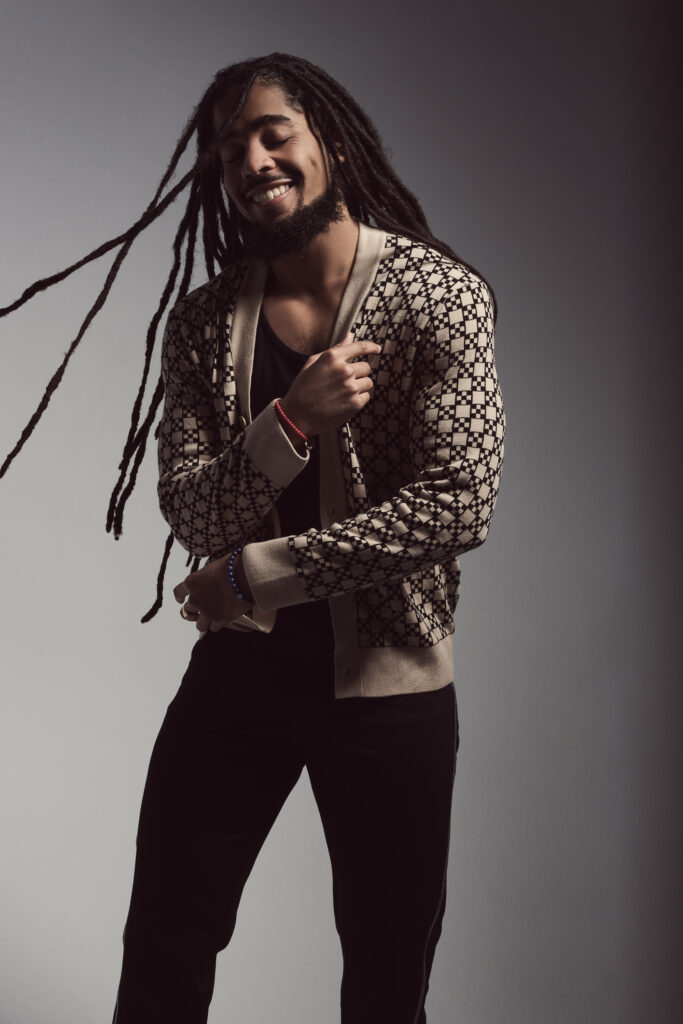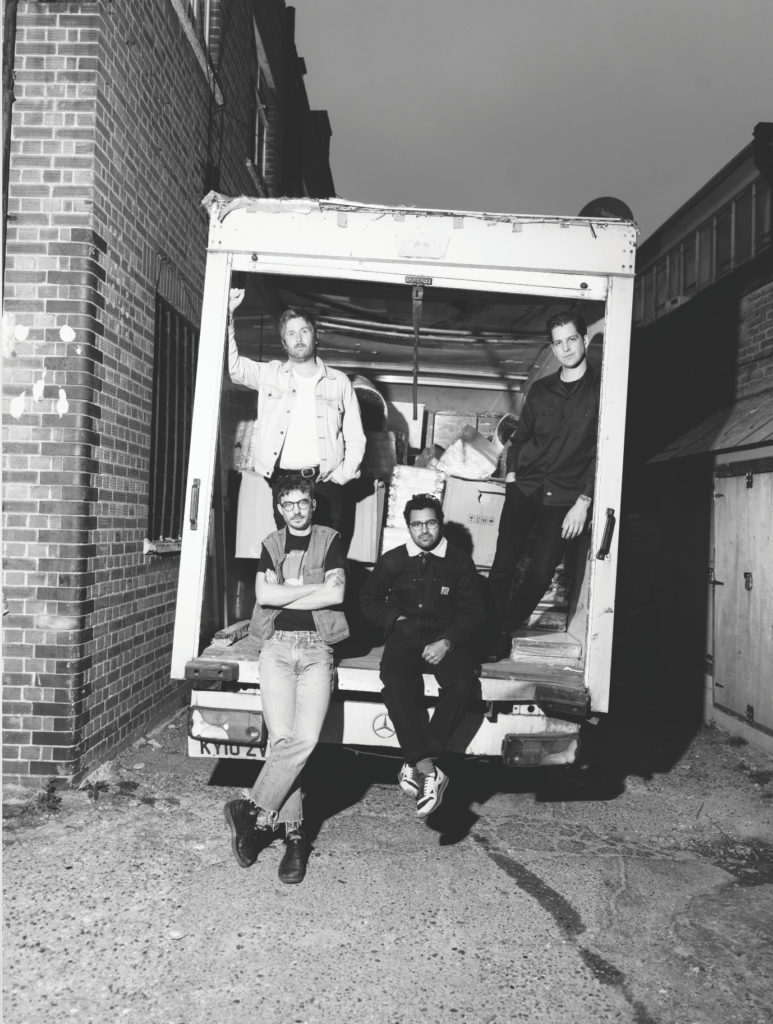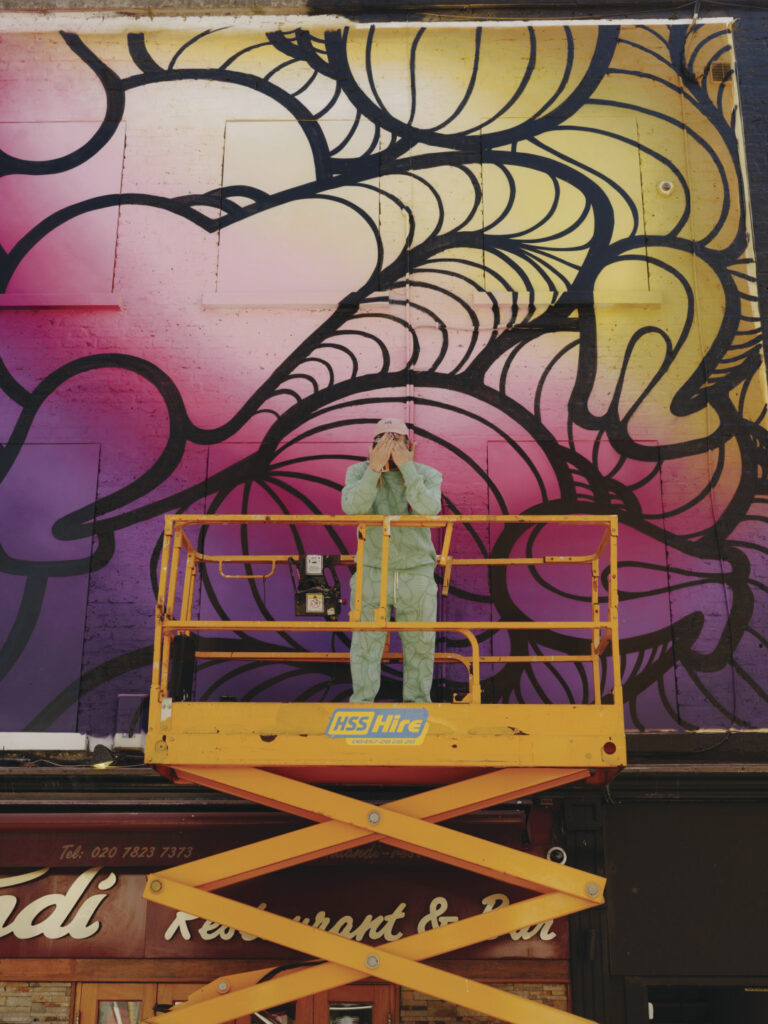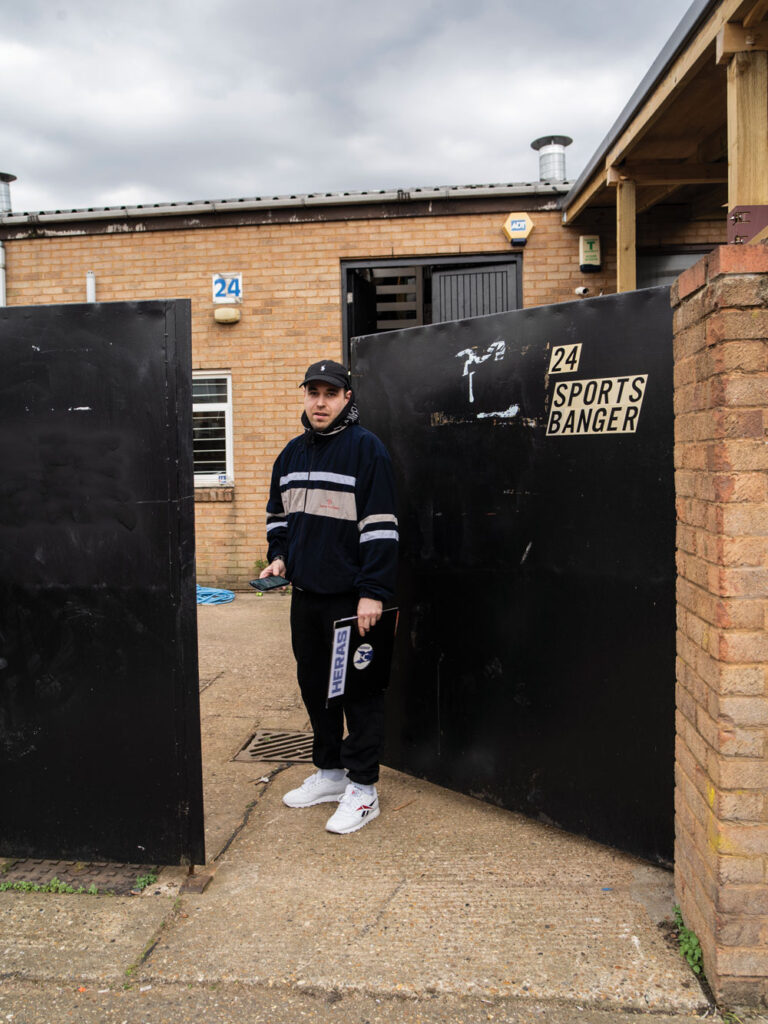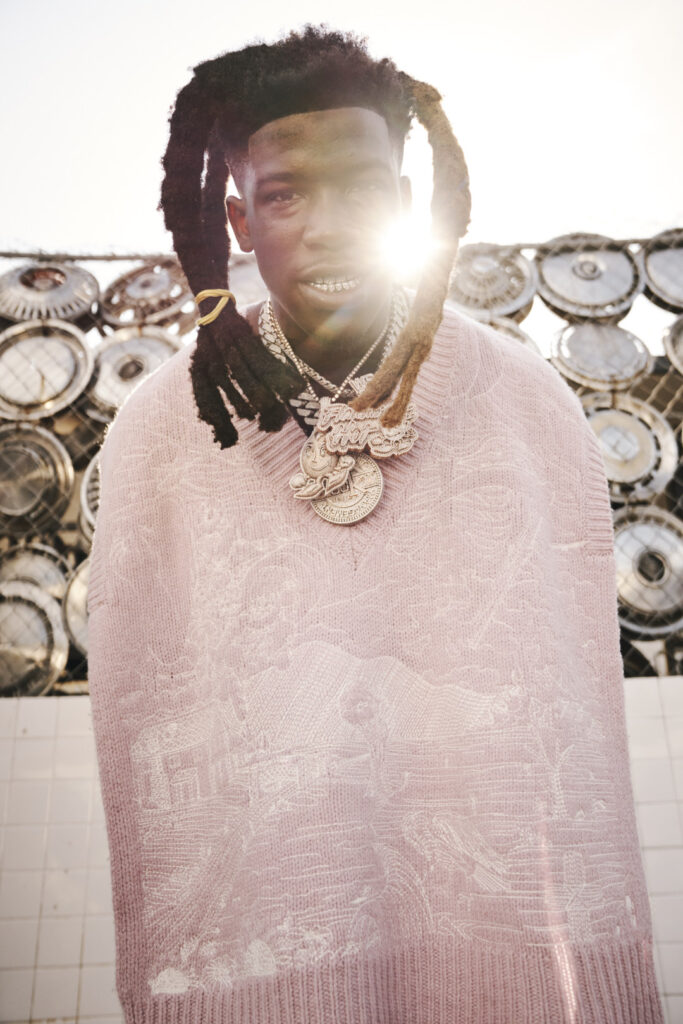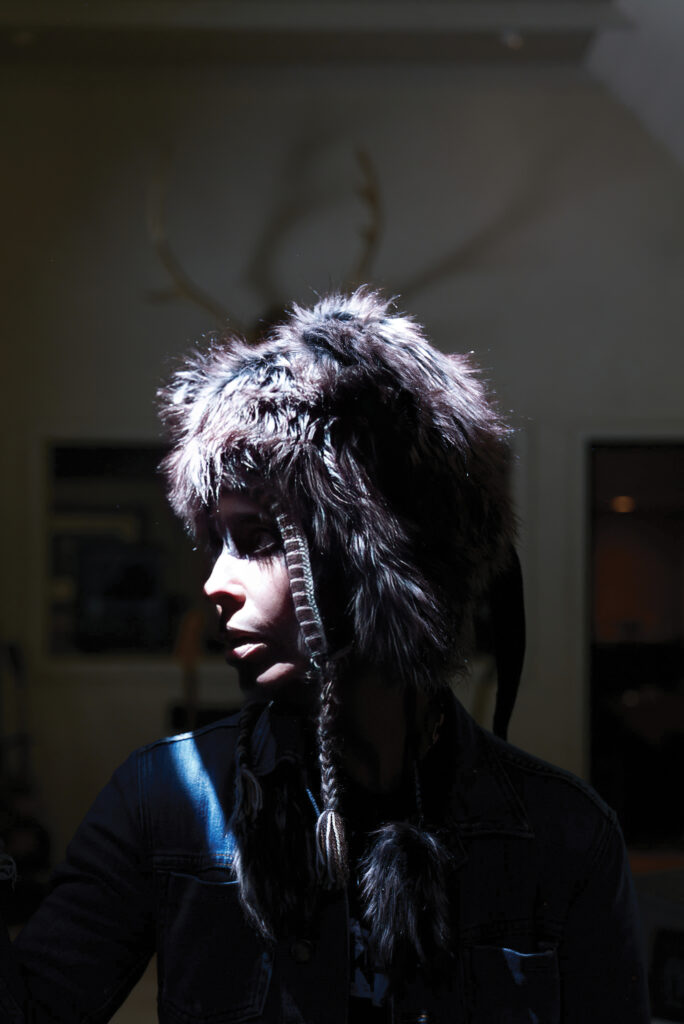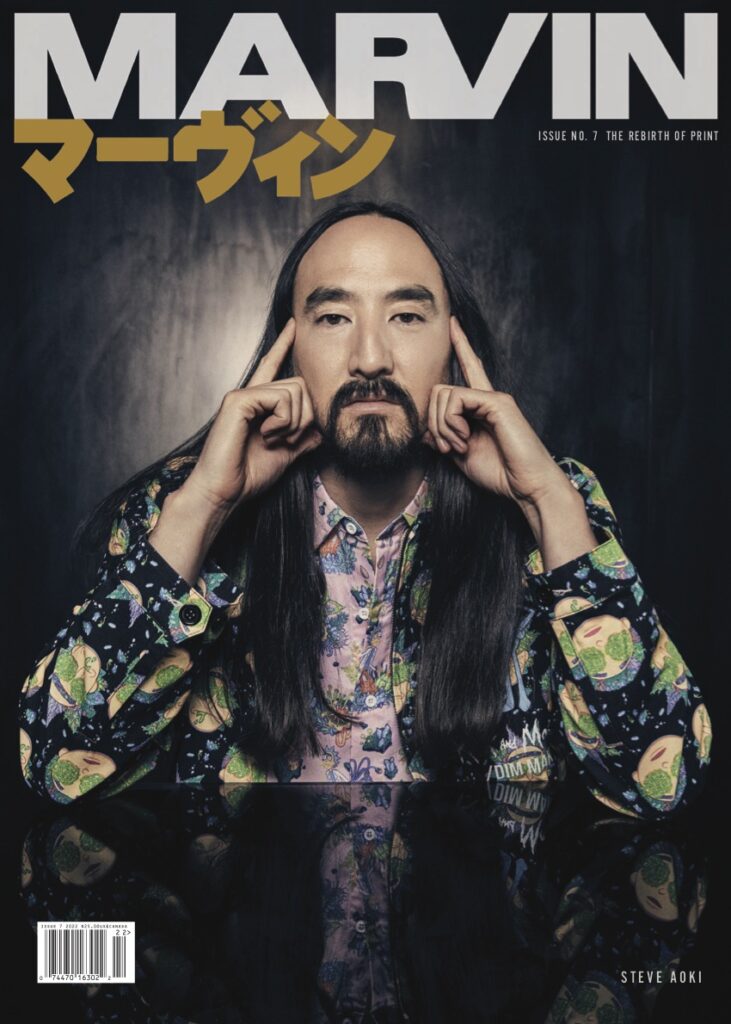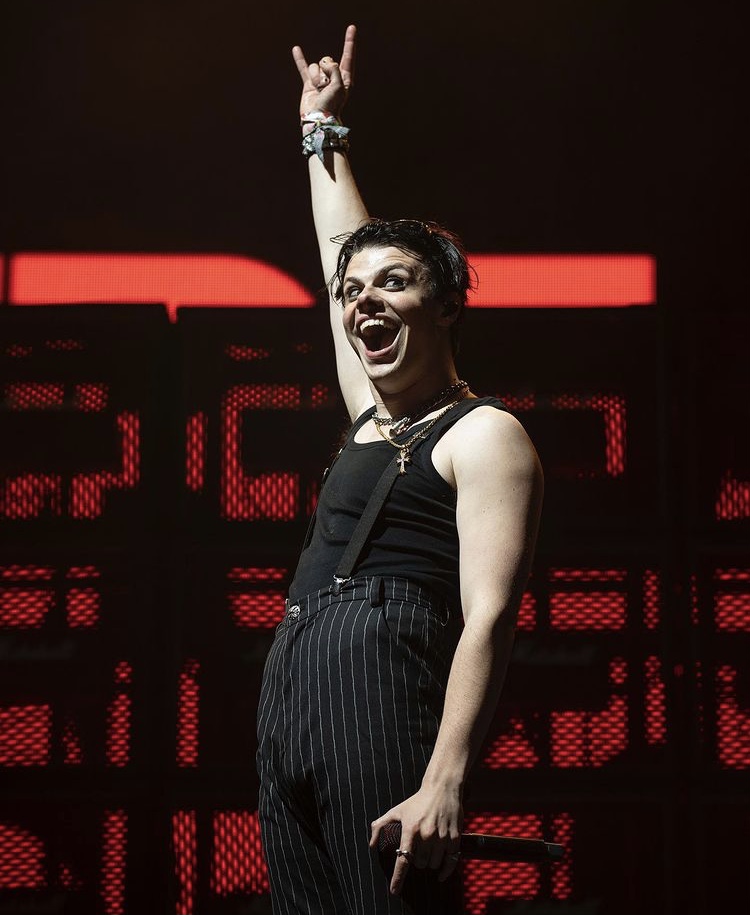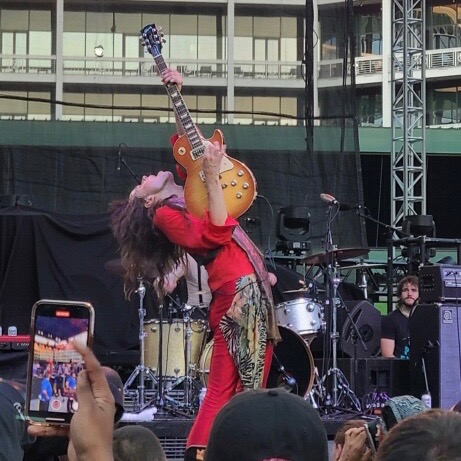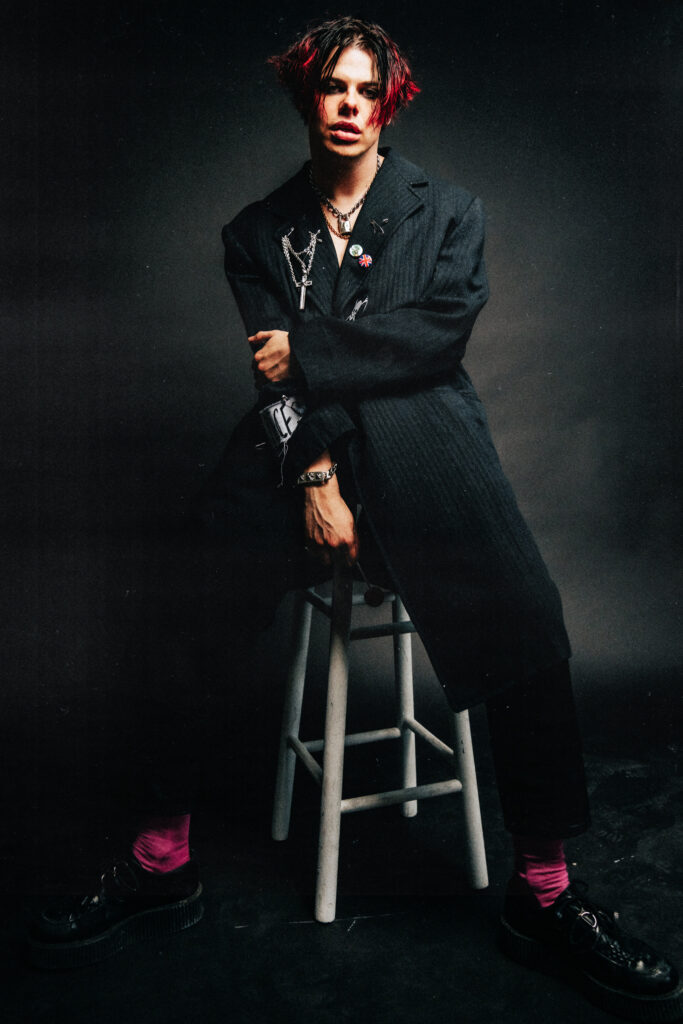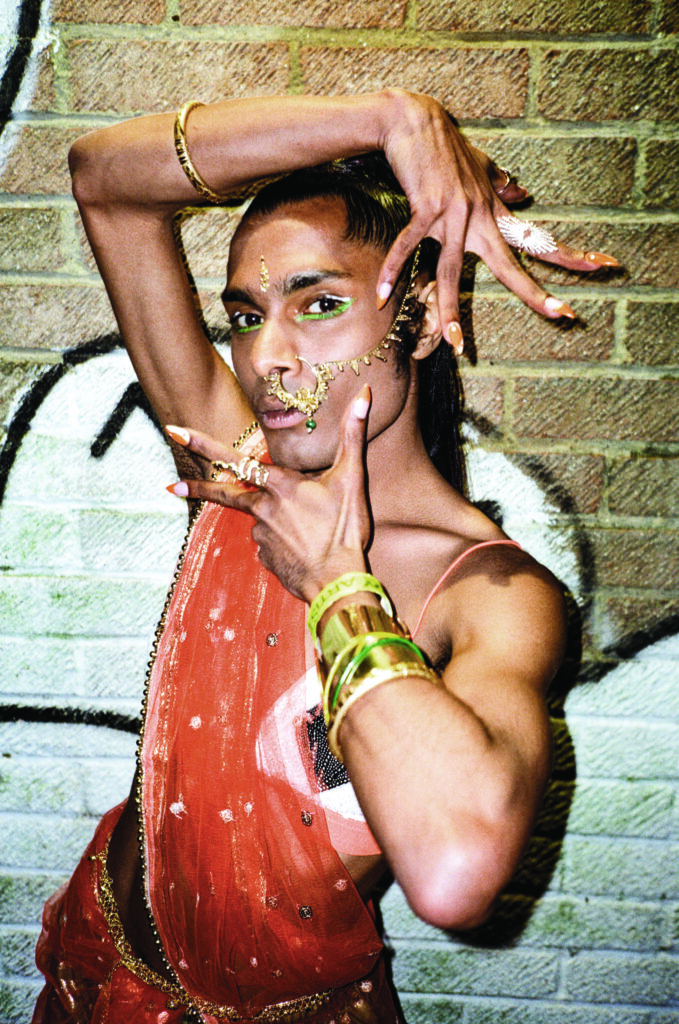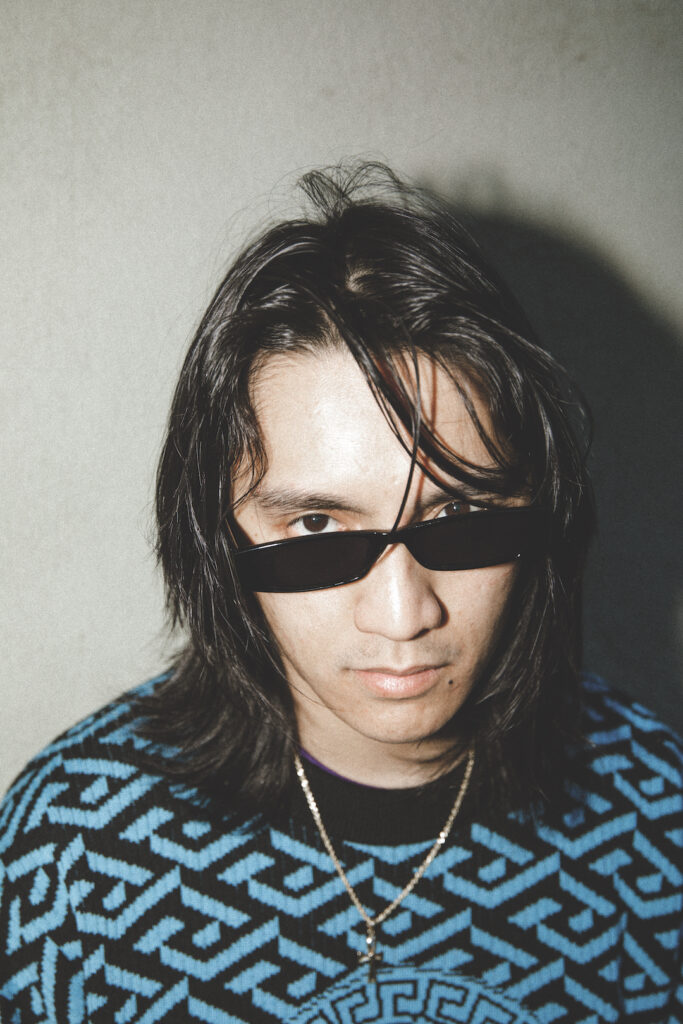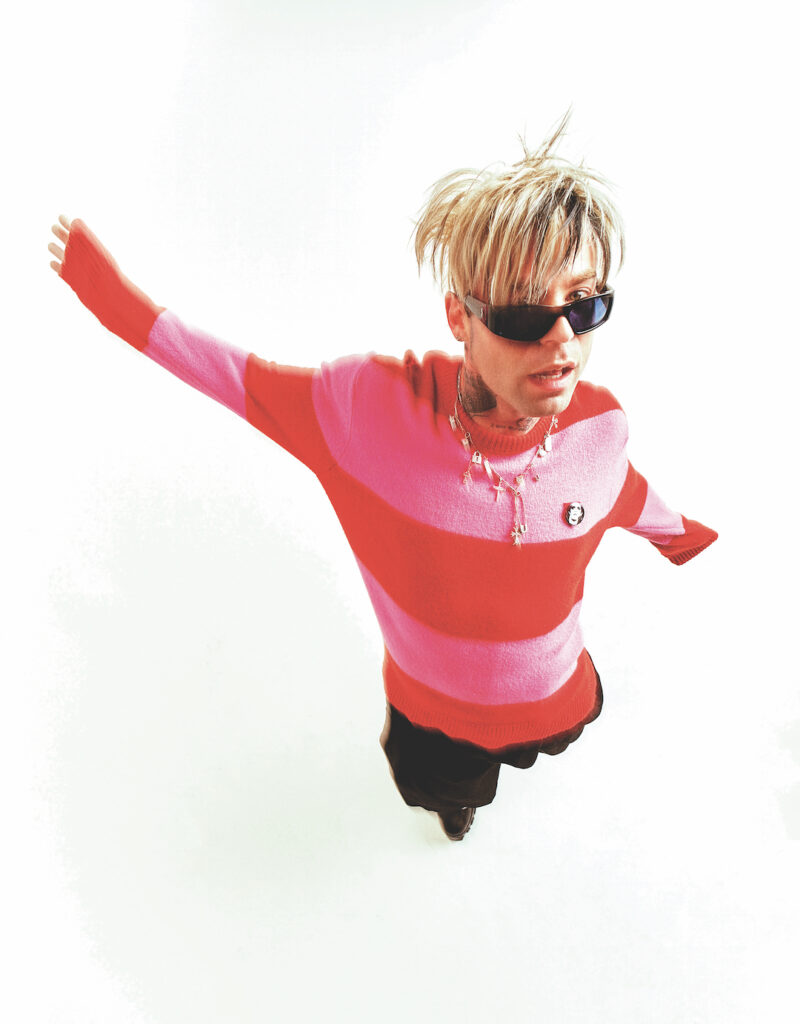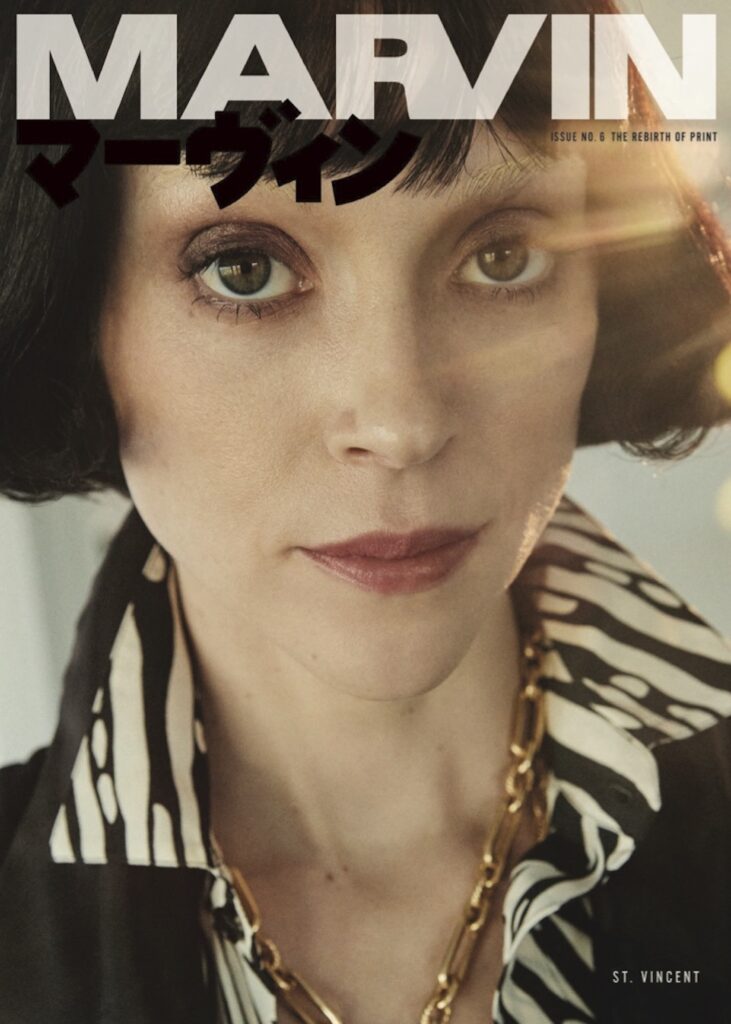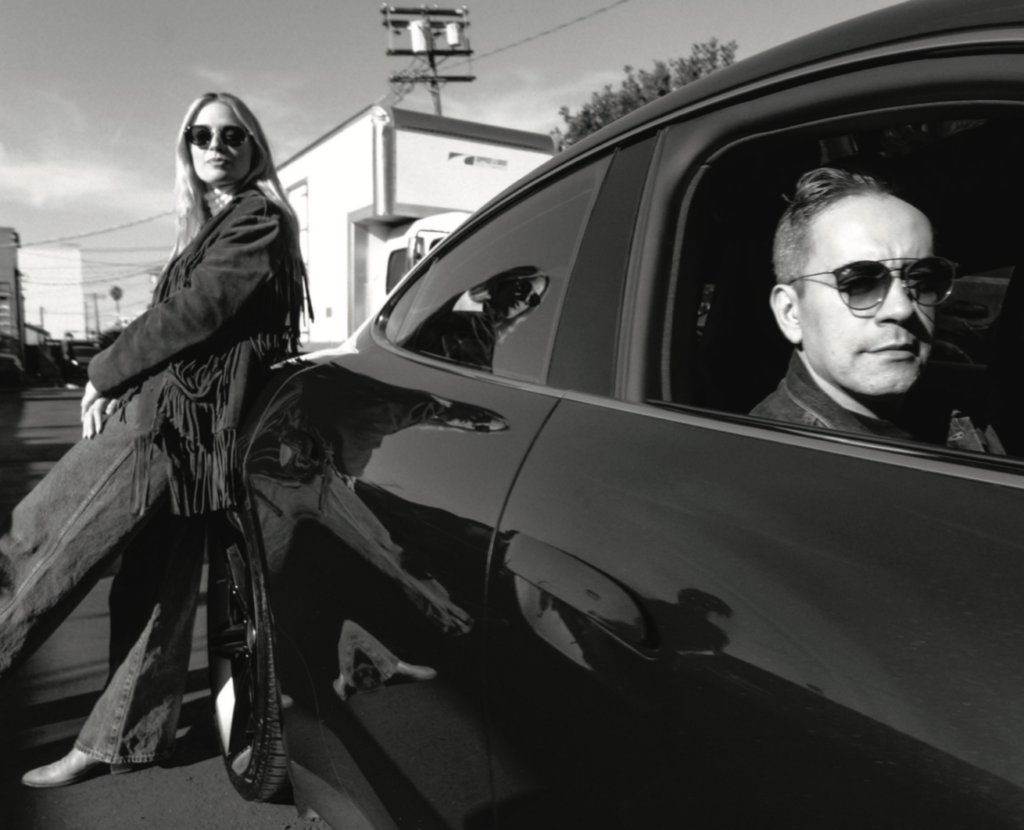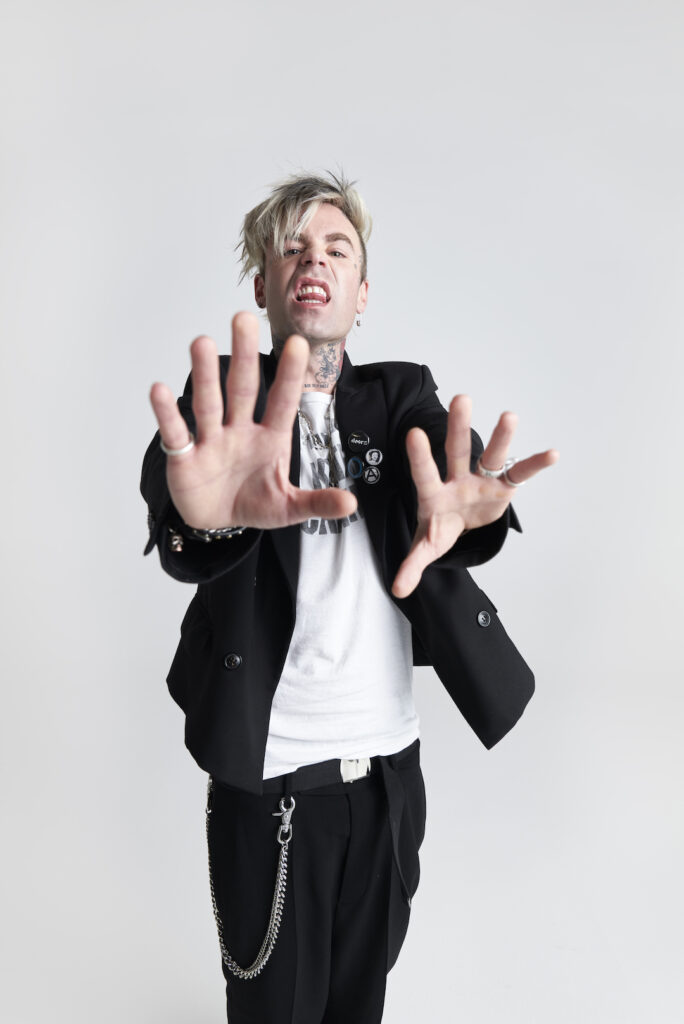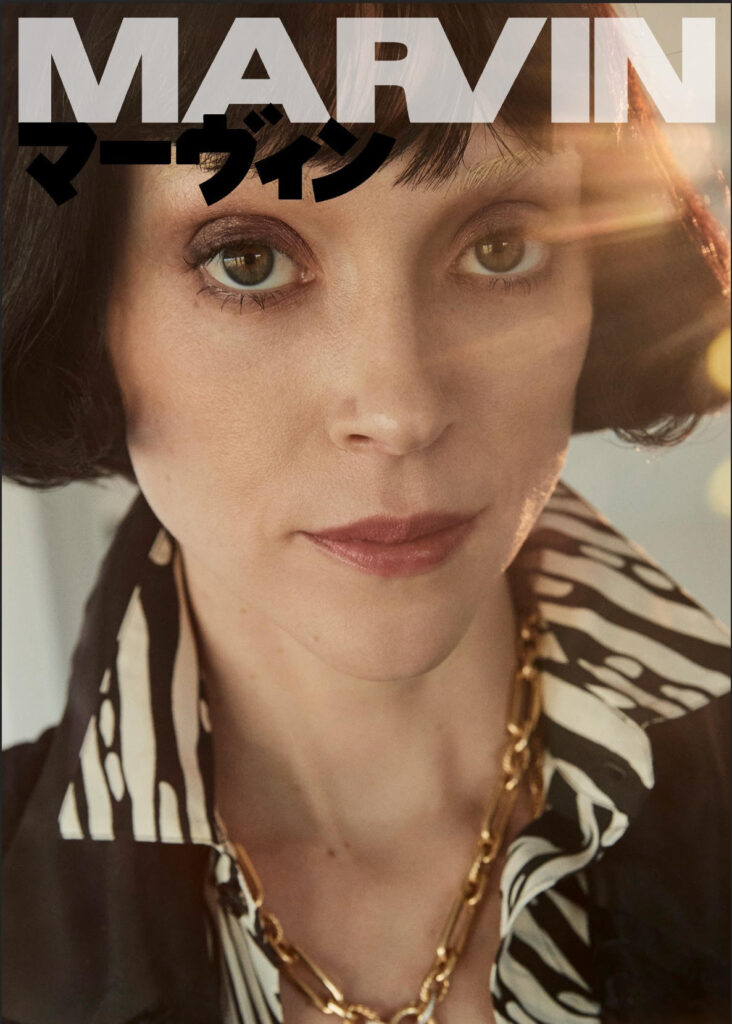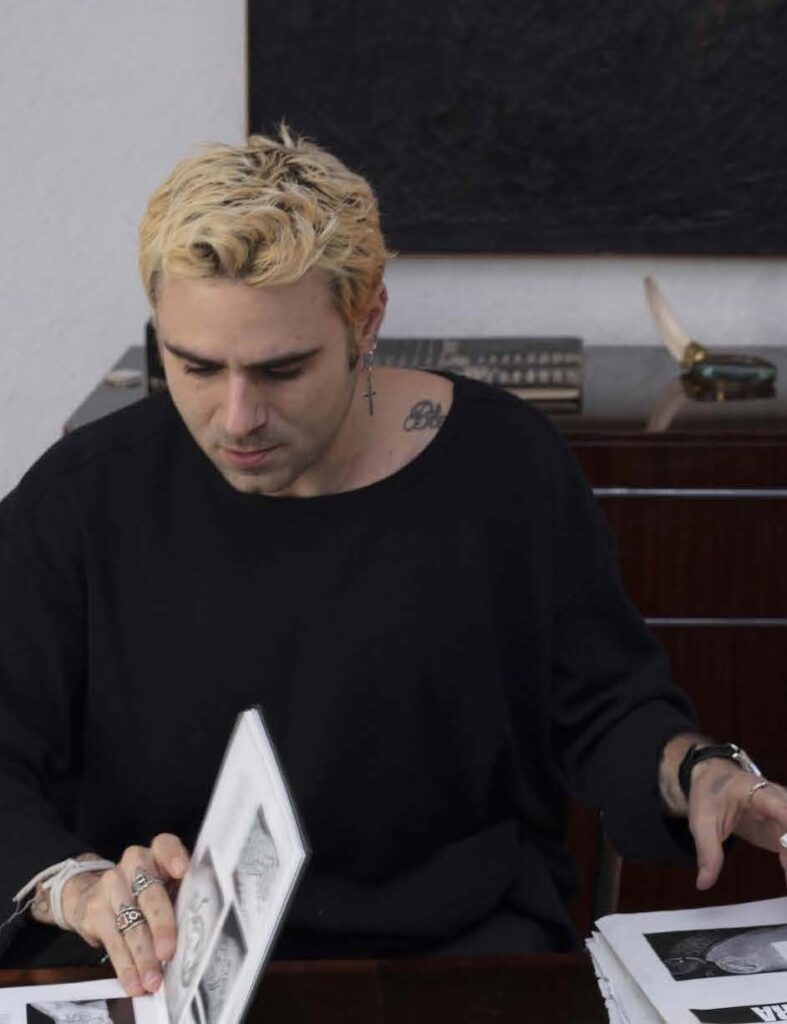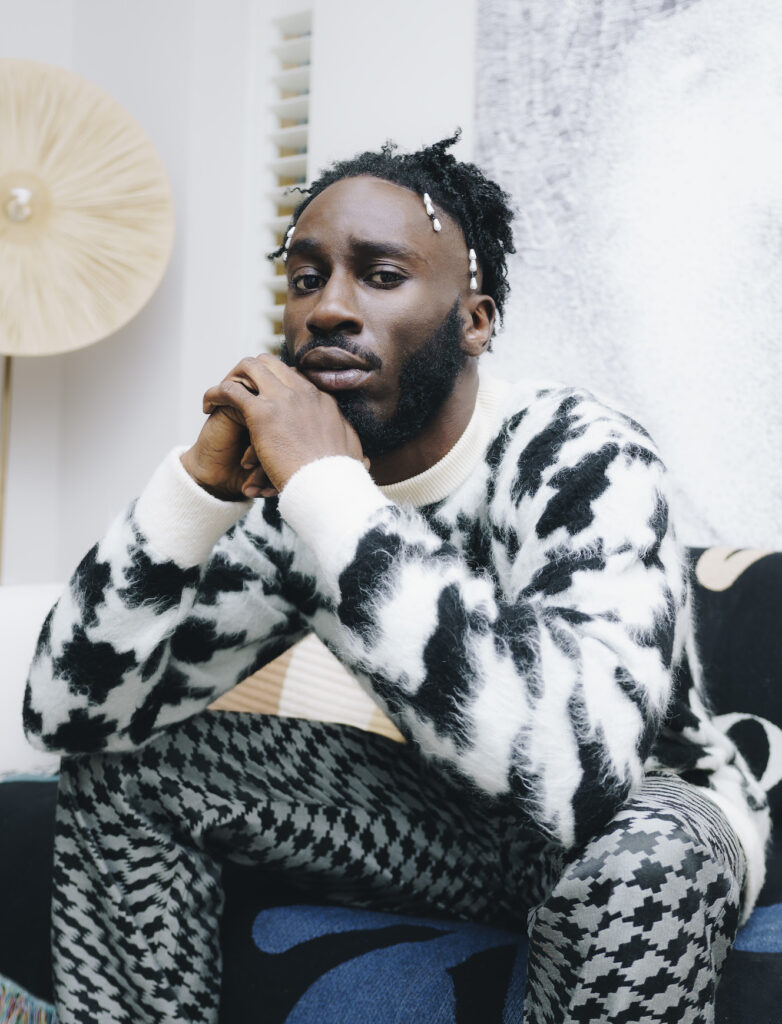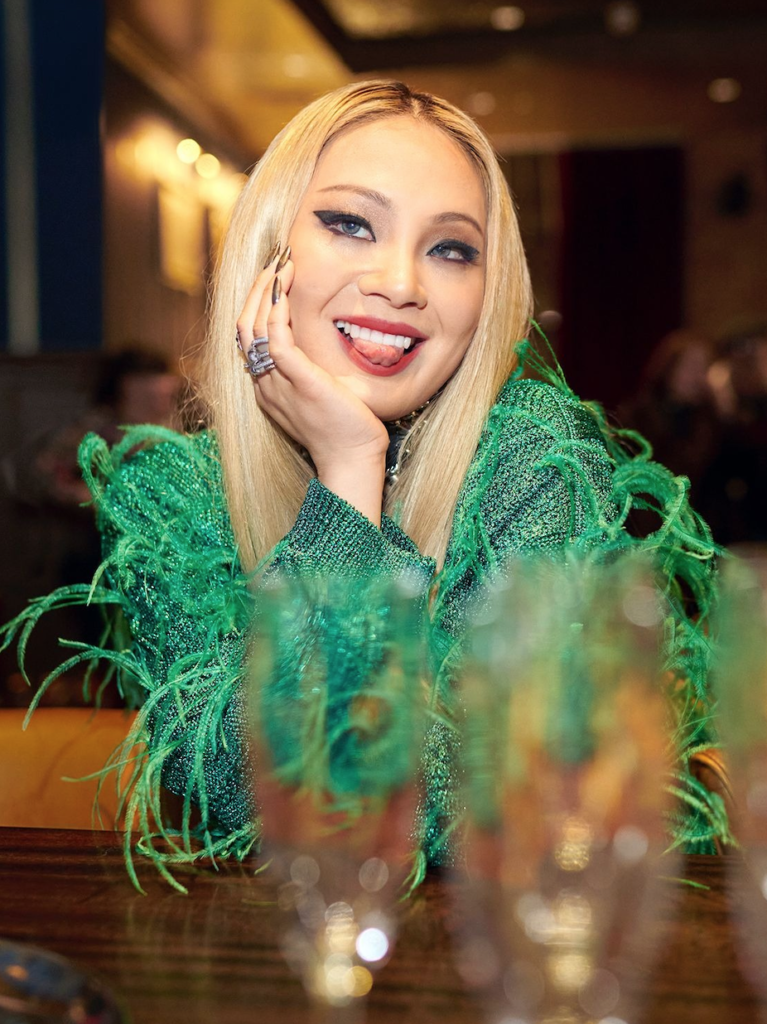Culture
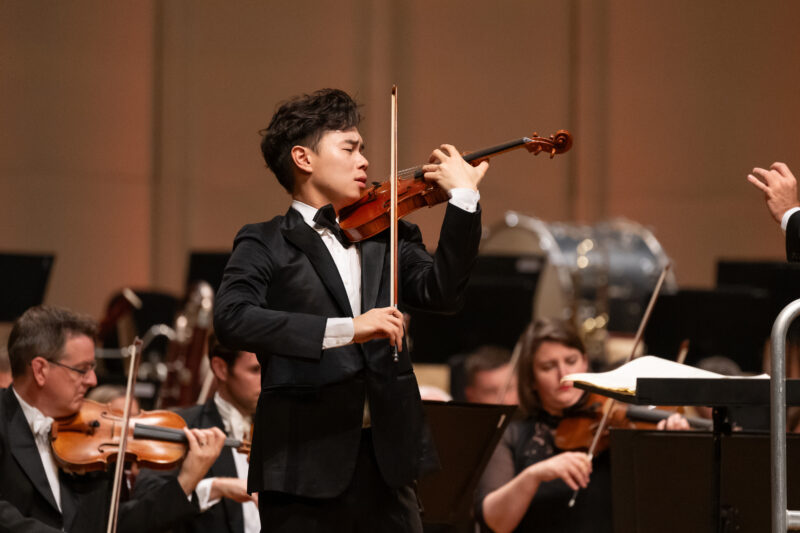
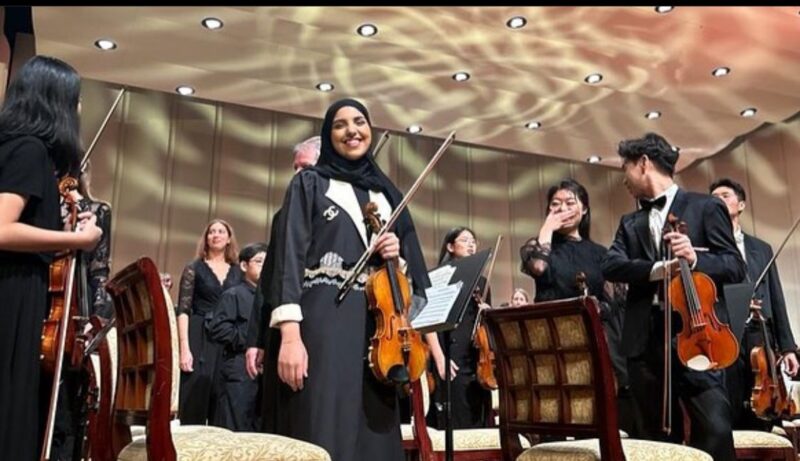
Bowing down to a new Maestro
Words Gemma Lacey
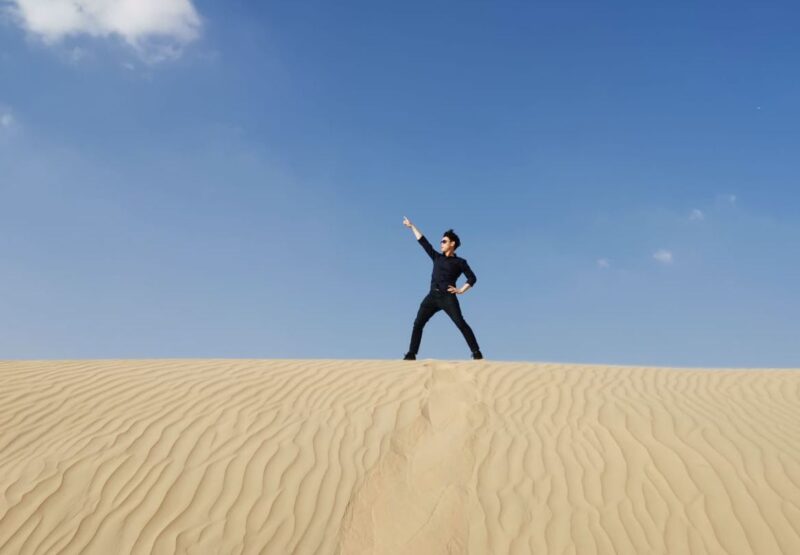
Timothy Chooi is an internationally acclaimed violinist, based in Ottawa renowned for his energetic and virtuosic performances.
As an international star, he travels the globe playing for classical music fans we recently had the pleasure of seeing him play in Abu Dhabi and teach a workshop to aspiring musicians inspiring the next wave of composers and classical musicians.
We spoke about his unique experience as part of the new cultural program Abu Dhabi Classics.
You’re here for a special performance and workshop, is this a typical experience for you?
I think in international places outside of North America, it’s pretty rare for me, just because I think it’s a different playing field, but definitely in Europe, it can happen. The Middle East is new, which was a surprise for me, it was the first time to do this for real, outside of North America.
There were a lot of firsts on this trip for you, including playing with the Royal Philharmonic Orchestra, what was that like?
Incredible. Really incredible. Outstanding and musically inspiring! They’re such a well-known brand of orchestra and they really live up to it which I respect. They are extremely open-minded. From talking with the individual players, they seem very positive, very much about let’s collaborate, let’s make music together, and so quick at learning and adjusting and adapting because we don’t have a lot of rehearsal time. We had basically one night to rehearse in London, which was only an hour and a half, and then the sound checks before each concert. It’s risky because I’ve played these pieces many, many, many times and they have them sure many times as well, but it’s now understanding do we get along and how do we adapt to each other with such a crunch time? And they were incredible. And also with the maestro, with Vasily, he was there when he needed to be and he was out of there when he didn’t need to be.

Can you speak more about their reputation? I understand they cover more than just typical classical music performances, and work on a lot of movie scores. Why was that so inspiring for you?
They’re working with some of the biggest artists out there, and they also do such big recording projects, which is beyond classical music. They are one of the orchestras that do a lot of film scores. They have done so many incredible projects that have become world-renowned, both in classical music and outside of classical music. They’ve recorded some of the film tracks, don’t quote me on this, but I think they did something for Harry Potter. To be able to collaborate with such an orchestra that also has equal respect in the classical music field. I mean, they’ve played with Long with Yo-Yo Ma, and you name it. Being a part of that roster was incredibly inspiring.
Was this your first time in the UAE and what has made an impression on you about the region and also music here?
I’ve heard a lot about the UAE. It’s an extremely trendy place right now. It’s a growing area, both economically, and culturally, and it’s pushing the limits of, I think a new area that has had a lot of recent wealth. So that in itself makes it very interesting just to be an observer and for someone of the art side to sneak in as a foreigner and to see and observe what’s going on. I was profoundly impressed with the dedication of the kids there, but also the audience. I think because when a city grows like that, to have so much of a push also in the arts and the music and culture, which often is lagged behind or forgotten or just pushed away for me, gave me the confirmation that it truly is a special place that music is going to grow in that area or culture in general.
What were some of your favorite experiences here? Do you see a lot of potential in this world?
It’s a very unique blend. To see the halls the first night was amazing, they were completely packed. It was inspiring to see that with effective marketing reaching out to the communities and bringing high-quality music, you could fill up a hall. Even in some parts of the West you couldn’t even do that with those same tools. Seeing the Oud museum was incredible too, very unique. I loved it so much. I have always been interested in that kind of music, understanding the relationship between traditional folk music and how similar it can be to refined classical music. I do see a direct correlation and I could see a story being built beyond that kind of almost like a handshake between the Middle East and classical music, which are much more similar than I think most people think. I would love to explore more of that side going forward, more of a cultural exchange and creating music together, collaborating with the local people there and the local customs and music and how can we bring that together with classical music and beyond that, with the UAE being such an international place, bring that across the world as well. So this did also gave me hope that music there can be a powerful peace tool if that makes sense.
Let’s talk a little more about your experience at the Oud Museum were there particular things that stood out to you that you would like to bring back and kind of introduce more into the western market, what were the bits that were exciting to you?
Firstly most impactful was the music that we played and we observed while listening to the oud players share and improvise, it’s a very distinctive Arabic harmonic structure, that goes beyond the Arabic region. I’m not sure where the origins are and I would love to do a lot of research going forward because I think that is actually a very powerful harmonic structure. It goes also into Central Asia and it goes into some parts of East Asia, West Asia, and honestly even into North America with some of the indigenous music here, and especially in North America, I definitely heard a lot of, or saw some of the very similar ways of how some of the harmonies could relate to some of the indigenous population music here in the north with the Inuit and so forth. So in that term, I would love to share the story of how extremely developed and intricate this type of music is and find a way to incorporate that into the classical music world.
Is that something you see space for in classical music at the moment?
Right now, classical music is going through a huge revolution and a great leap forward. I think this because for so long, classical music has been centered on European classical composers, which I think was where the origins were. But as the players themselves are becoming more international, including myself, we naturally add diversity and flavor beyond Europe within the classical music context. Therefore the world of classical music needs to expand, especially in the 21st century. So creating that chapter is exciting, and I hope that I can be a part of that impact and that growth.
Is there some experience or program that you’d specifically like to curate in Abu Dhabi now you’ve seen what’s possible here?
I love the idea of, first of all, presenting some of the classical music works that are so intuitive for me, which have been, of course, the big works by Tchaikovsky, Mozart, and so forth. Those are core classical music repertoire that is very, I guess, stereotypical just because I think in some ways they’ve heard on it, on recordings, they’ve heard it in a popular context. But to experience that Western-style music is one that I would love to still exhibit. Second of all, I think a collaboration with someone like Nasir Shama, the headmaster that we experienced playing at the Oud exhibition, creating and commissioning a piece or playing together maybe at the Louvre or maybe an outdoor concert with a huge crowd. I could imagine all of those things playing at the Emirates Palace again, but in a very creative context that gets the audience engaged, that gets them inspired, and connected with the music of their region.

What’s special about this region and the opportunities here for you?
I love that this area presents opportunities to collaborate with classical music and beyond. So on my end, I’m willing to push myself beyond the classical music borders, and for them, they’re open to collaborating. I think that we create a rapport that could be possible. So maybe collaborating with an oud player, Nasir himself, or commissioning pieces with the ideas and the fragments of its melodies into a program that is a mix of cultures. That’s what I could envision as of right now. Also, maybe doing a residency with the kids that goes more in-depth beyond just a tutor or masterclass, but getting involved with creating something with them.
You’ve also mentioned a little bit on our conversation, about classical music going through a transition. Also now we’re seeing more demand for orchestras to play more contemporary music from Harry Potter. Do you think that film scores and the kind of cinematic nature of orchestra music is a really good gateway for people to discover and understand the technique and technicality in the practical application of classical music in our day-to-day lives?
I think so, and I might be a minority for now, but I think I’m a very loud minority because I know some people who have issues with that. The stigma with classical music is that people think it can only be a very pure art form. I do believe that there are certain works maybe by those, by Beethoven, by Schubert, that deserve to have that purity in how they’re seen. But that’s not to say that there are a lot of other ways to enter that field. With everything, there’s a progression of scales of how you can approach the audience and what kind of niche that it serves. I think film music is just such a great way for the general public to at least be exposed to understanding how cool classical music can be and its direct effect to them as a consumer. So movies like Harry Potter with, you name it, Lord of the Rings, they all use the format of classical music. It’s all rooted in Bach, Vivaldi, and so forth. It just has evolved to a point where it’s much different and used in different contexts. That’s not to say that it’s not still classical music in its pure form. So in my sense, I’m very supportive. Whatever gets a little kid excited about the violin or piano or a harp or bassoon, I think it’s good work all around.
Can you speak about your experience with Ronald the program director for Abu Dhabi Classics?
Wow, what a job, first of all, I think it’s a fantastic vision that he has. He’s very bold, and I think that in a place where you can be so bold, he’s matching its requirements. He seems to be extremely keen on bringing big artists who have great experience in the biggest concert halls, but at the same time, understanding that there are artists that are extremely ambitious and living through the 21st century, which is a completely different playing field than it was even early 21st century, but more or less 20th century. That includes being a cultural ambassador beyond just being a wonderful musician on stage. I feel that I was one of those people who were on this trip this time and he understood that I was very interested. I was ambitious. I was willing to do research and create a relationship with him and understand that whatever happens there is just the beginning of what could be in a couple of decades. So I think his vision is extremely focused, bold, and yeah, really just incredible.
If you had to sum up in one sentence how you, or a couple of sentences what you feel, if you have to give a summary of classical music in the Middle East and what your personal feelings are on it, how would you describe it?
I would say that they were listening with open ears and minds. It seemed like a cultural exchange of music, people, and culture. The experience there seemed bigger than just another classical music concert.
